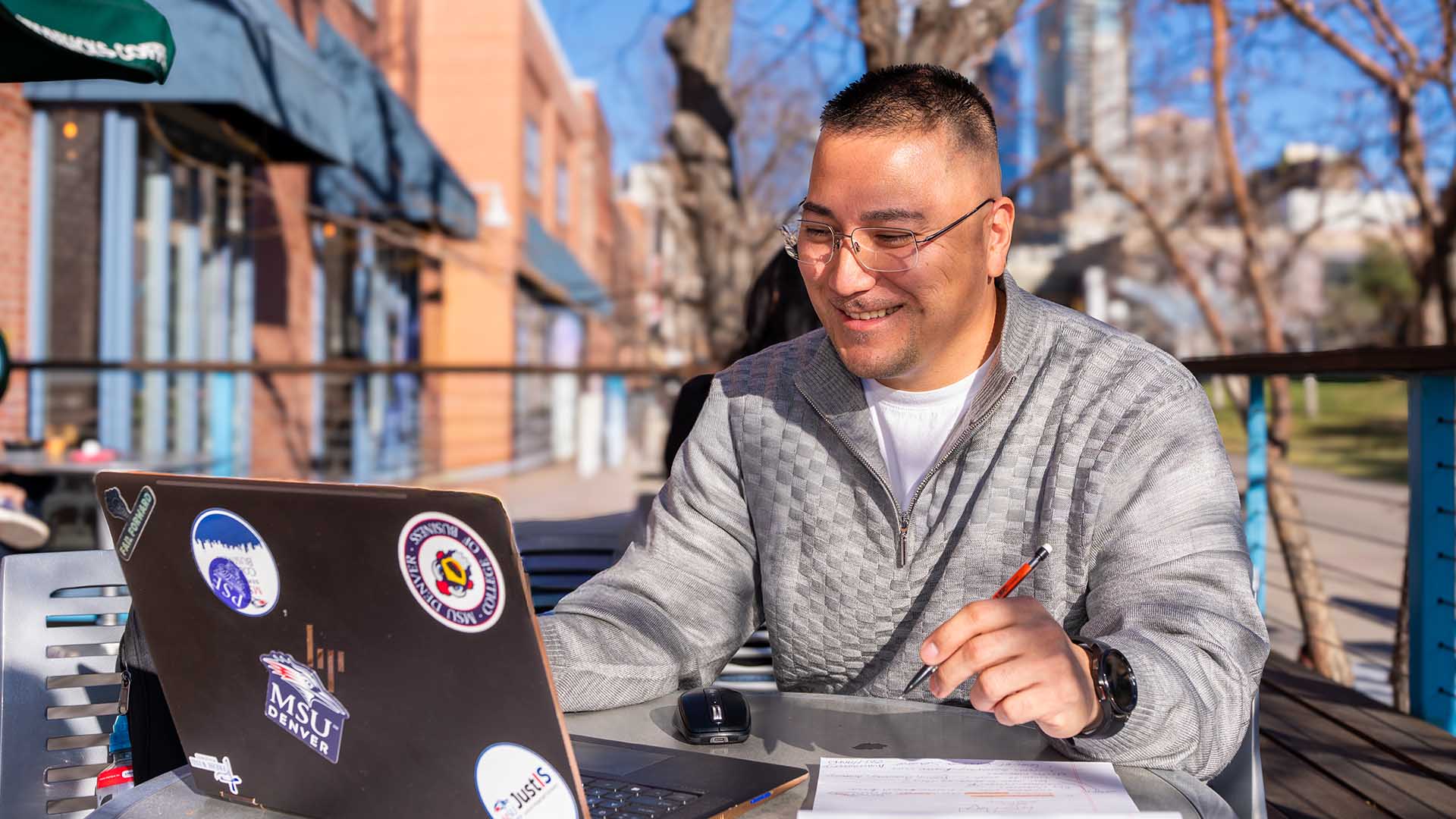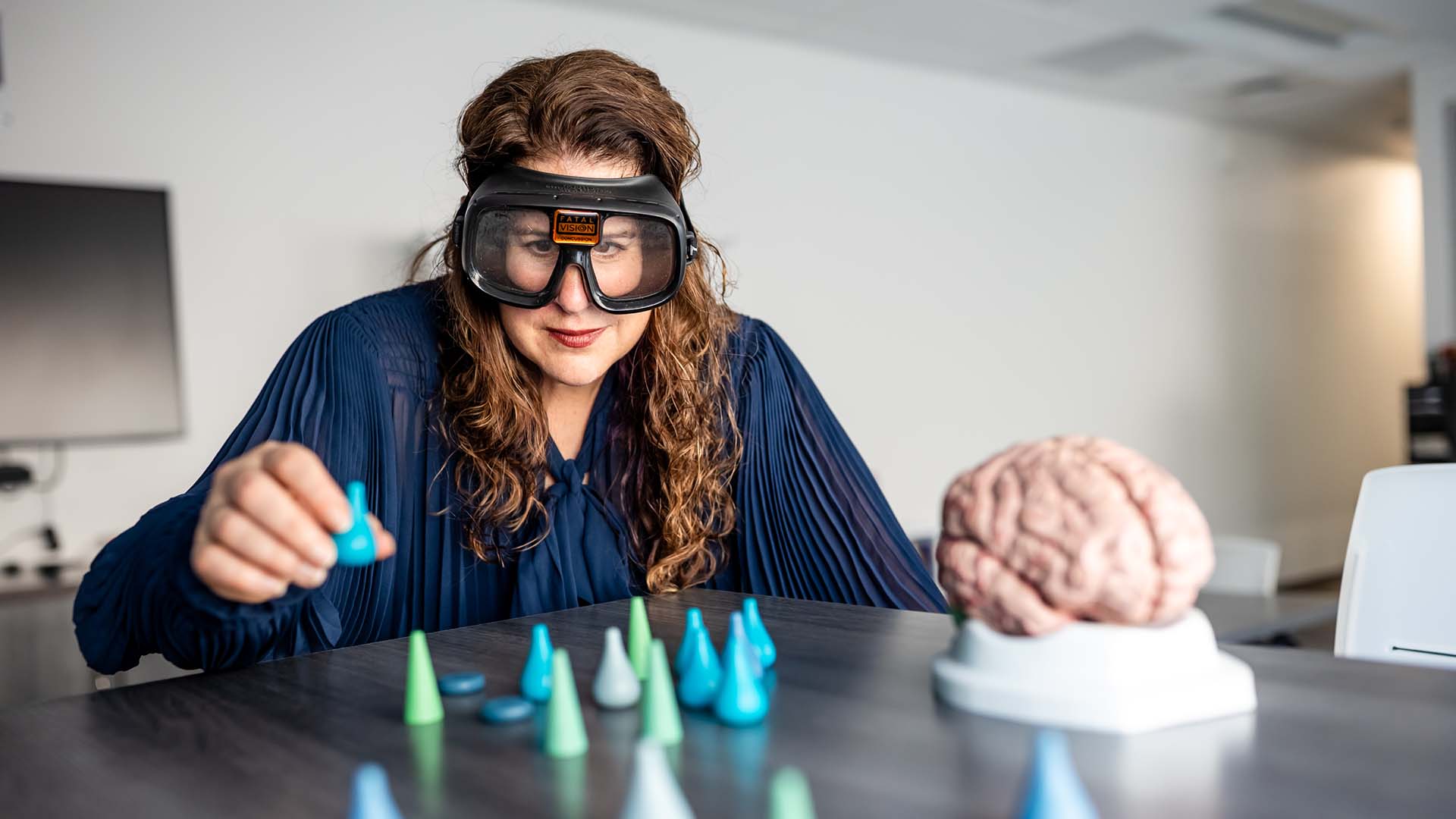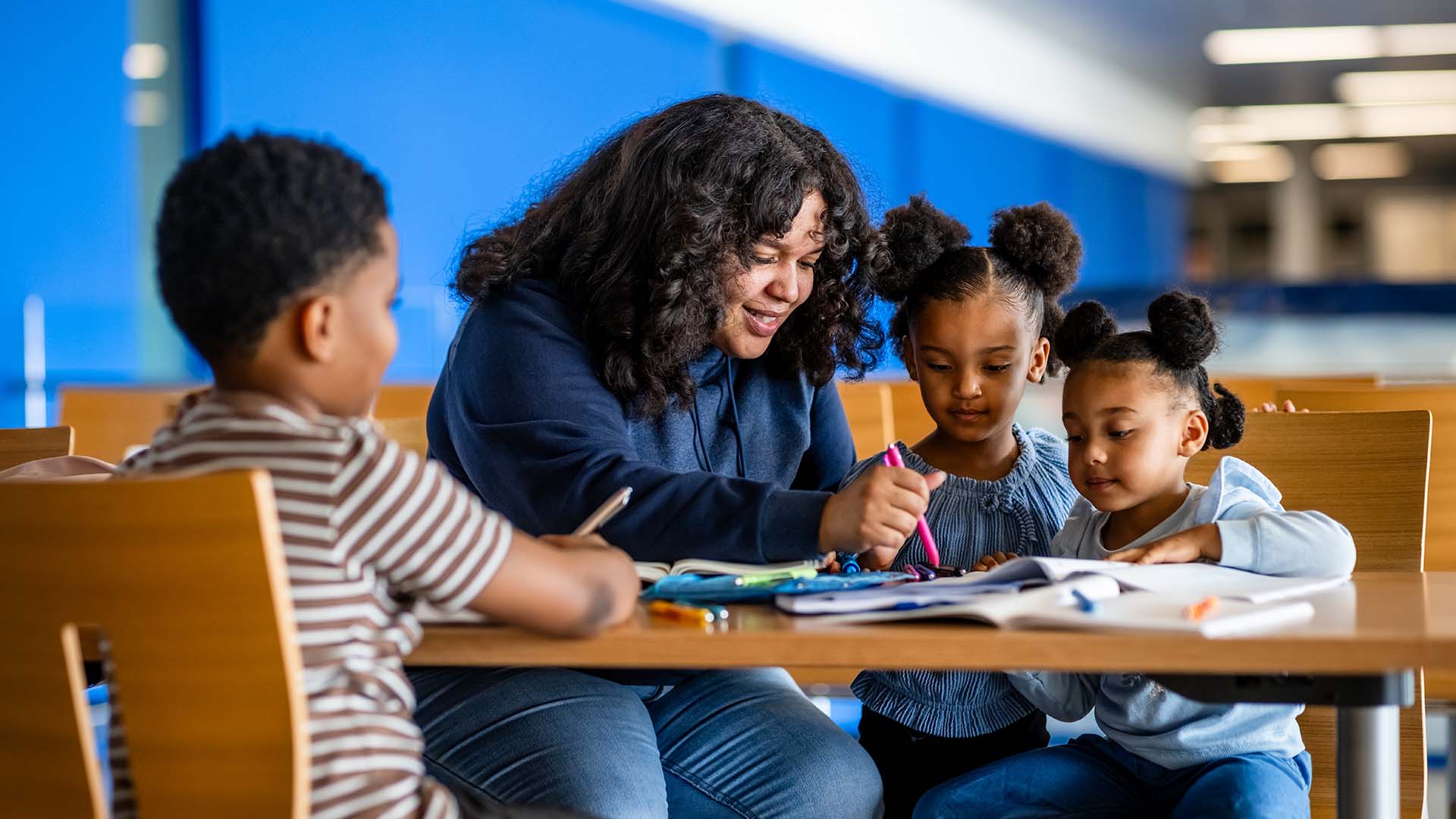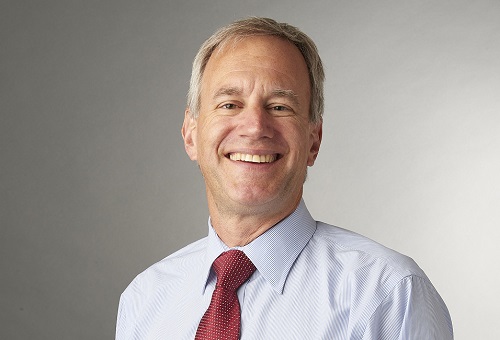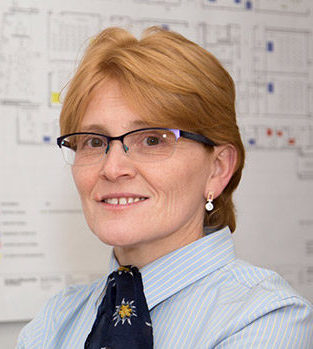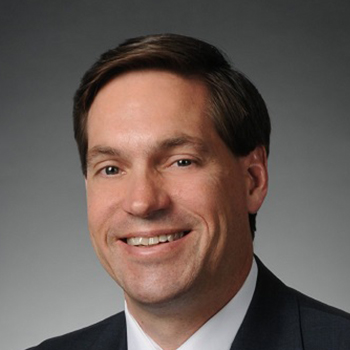Partnerships rewire career paths for apprentices
No-cost classes at MSU Denver can spark all kinds of possibilities.
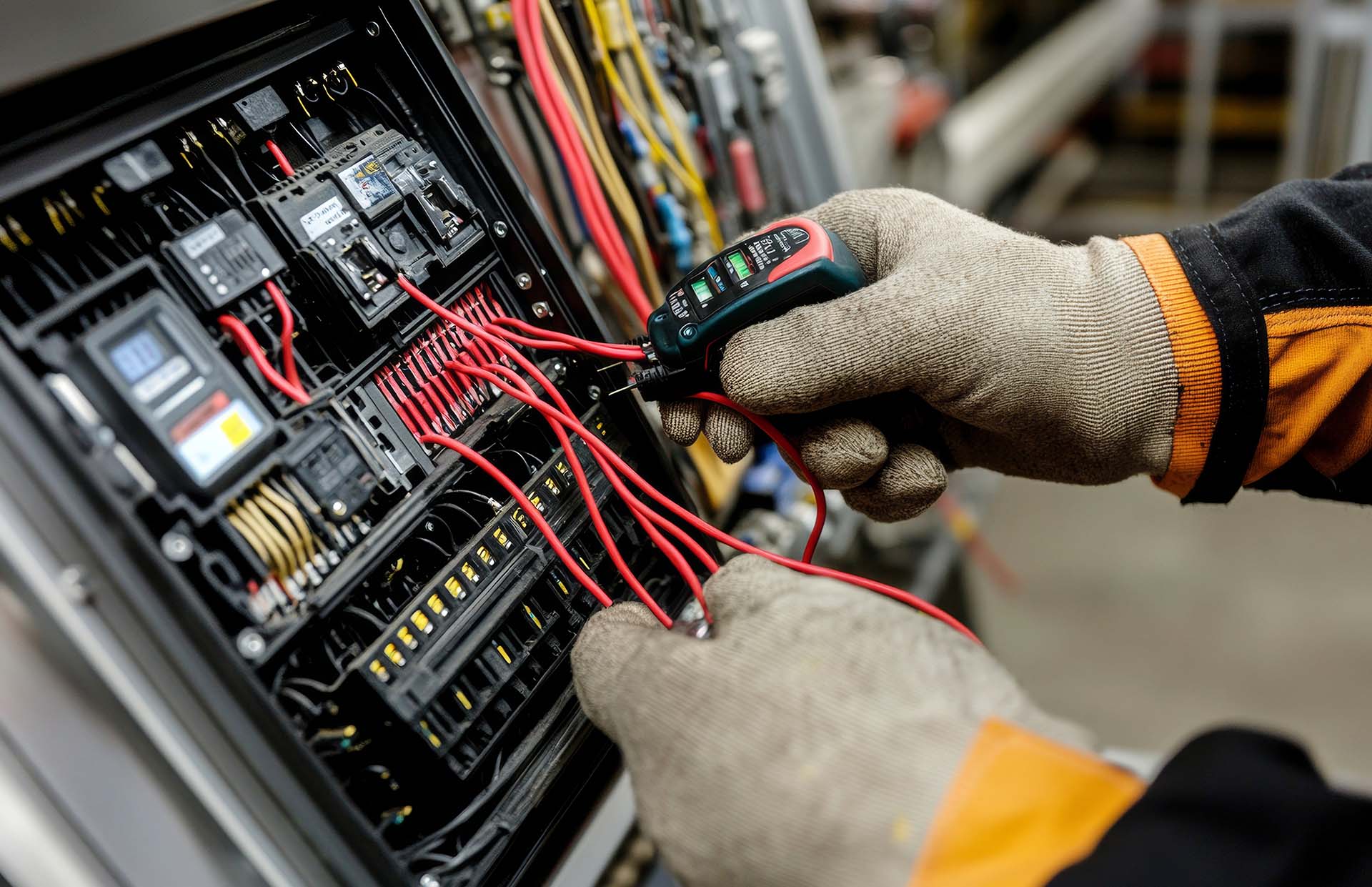
Young people eyeing their future prospects have a range of options to pursue, such as finding a job, seeking an apprenticeship or maybe studying at a university.
But what if they could do all three, with an added bonus of zero debt?
Metropolitan State University of Denver is helping make such an unlikely sounding proposition possible. The University is partnering with two training institutions — Emily Griffith Technical College and the Denver Joint Electrical Apprenticeship & Training Committee — to help apprentices boost their academic credentials as they learn practical skills and earn wages and benefits.
“This really is a perfect program for the apprentices,” said Shaun Schafer, Ph.D., MSU Denver’s associate vice president of Curriculum, Academic Effectiveness and Policy Development. “But it also helps us realize our mission of being a university of opportunity by making sure as many people as possible get an opportunity to further their education.”
RELATED: Apprenticeship act aims to build construction careers
How it all works is pretty simple. Apprentices at both technical institutions already benefit from classroom tuition and paid on-the-job training with a successful local contractor. But those same contractors will also pay for each electrician trainee to take two MSU Denver courses, handpicked to complement their existing skills, that will contribute toward their general education credits.
The basic idea is to help the students gain a college-level education while they continue their professional training. And to support that aim, MSU Denver is awarding 45 credit hours of prior learning to each participant.
“These apprentices spend four years learning their craft. They put in a lot of work,” Schafer said. “We could see how their workload clearly demonstrated extensive student learning outcomes, so we thought it only fair to recognize that.”
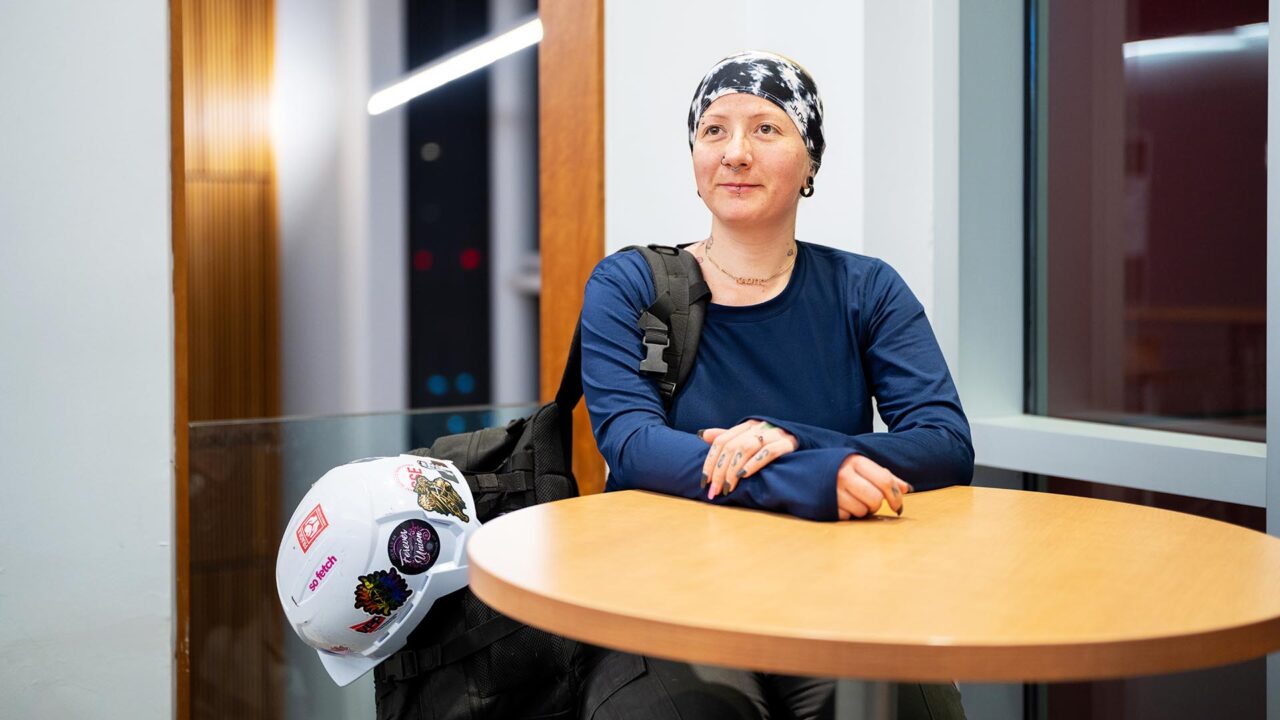
One extra sweet detail: Should an apprentice do well in their initial two MSU Denver courses, they will be eligible to take two more courses, then two more and so on. And so long as they keep passing those courses, all the costs associated with building up their educational credit will be reimbursed by their contractor.
However, the real payoff comes with the potential result of all that free education. “Any apprentice joining the program now could, by 2028, not only be a qualified electrician with zero debt but also be well on their way to gaining a career-altering degree qualification,” Schafer said.
RELATED VIDEO: High schoolers launch to in-demand careers in aerospace and advanced manufacturing
That sounds very much like the story of Kari Van Buhler, whose original apprenticeship with Emily Griffith Technical College led to her studying for a Construction Project Management degree at MSU Denver.
“I’m currently taking two general classes, in Environmental Science and Women’s Studies,” she said. “And then, I’ll take eight more degree-specific classes toward my final qualification.”
Van Buhler is keenly aware of how this extra level of education has opened up fresh career possibilities that previously might have seemed out of reach. “I’m looking to boost my career path, from being a journeyman electrician to becoming a specialized electrical-project manager,” she said.
In recent years, Gov. Jared Polis has championed blurring the lines among high school, higher education and the workforce.
The idea behind the governor’s “Big Blur” is to build a better-trained workforce and increase overall educational opportunity, which is exactly what MSU Denver’s apprentice program is doing.
“If an electrical apprentice becomes an electrician at the end of their training, that’s great,” Schafer said. “But if their additional studies lead them down a different, potentially more ambitious road, as is happening with Kari, then that’s really special.”
Looking forward, Schafer is confident that MSU Denver has hit on a winning idea that will broaden the scope of each apprentice’s possibilities and potential.
“Through this program,” he said, “people get to work, earn a wage, gain their apprentice credentials and access a university-level education, all without taking on any debt. You could hardly ask for more than that.”


